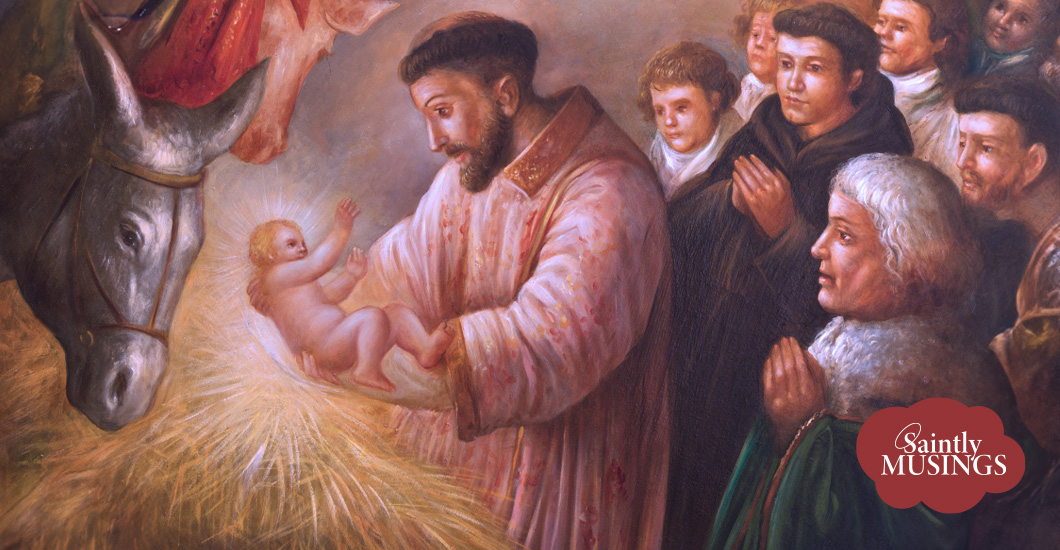Trending Articles
C. S. Lewis on the Difference Between Faith and Emotion
While many in contemporary culture see faith as simply a blind emotional impulse, in his theological classic “Mere Christianity,” C. S. Lewis describes it as a rational virtue. Indeed, he describes faith as a virtue—not opposed to reason but to imagination and emotion.
He gives the following examples to illustrate his point. First, he points to anesthetics and surgery: “My reason is perfectly convinced by good evidence that anesthetics do not smother me and that properly trained surgeons do not start operating until I am unconscious.” But he notes how his imagination and emotions soon push back against what reason tells him: “That does not alter the fact that when they have me down on the table and clap their horrible mask over my face, a mere childish panic begins inside me … In other words, I lose my faith in anesthetics.” Consequently, “It is not reason that is taking away my faith: on the contrary, my faith is based on reason … The battle is between faith and reason on one side and emotion and imagination on the other.”
A second example he gives is of a man and a pretty girl who happens to be a well-known liar and cannot keep a secret: “When he finds himself with her his mind loses its faith in that bit of knowledge and he starts thinking, ‘Perhaps she’ll be different this time,’ and once more makes a fool of himself and tells her something he ought not have told her.” And so, once again: “His senses and emotions have destroyed his faith in what he really knows to be true.”
Lewis then goes on to describe the experience of someone who becomes a Christian: “There will come a moment when there is bad news, or he is in trouble, or is living among a lot of other people who do not believe it, and all at once his emotions will rise up and carry out a sort of blitz on his belief. Or else there will come a moment when he wants a woman, or wants to tell a lie … or sees a chance of making a little money in some way that is not perfectly fair.” In these moments, it would be very “convenient” for Christianity not to be true. “And once again,” Lewis writes, “his wishes and desires will carry out a blitz.”
Therefore, for Lewis, faith is a virtue in this sense: “Faith … is the art of holding on to things your reason has once accepted, in spite of your changing moods.”
In light of this frequent “blitz” of desire against our faith, Lewis offers some very practical advice. First, we must recognize that our moods change—that way, when the onslaught comes we will not be taken completely by surprise. Second, we must keep the central truths of our faith before us daily—in meditation, prayers, religious readings and the like. For Lewis: “We have to be continually reminded of what we believe.”
Lewis is emphatic on this point: “Neither this belief nor any other will automatically remain alive in the mind. It must be fed. And as a matter of fact, if you examined a hundred people who had lost their faith in Christianity, I wonder how many of them would turn out to have been reasoned out of it by honest argument? Do not most people simply drift away?”
In my experience, that is exactly how it happens: people just drift—the faith becomes less and less central to their lives; and eventually other interests and desires take over and become more vivid and lively than matters of the faith. Thus, eventually they wake up and realize just how far they have come from the faith of their youth.
For Lewis, if our faith is not continually fed, this is exactly what we would expect. If we do not “practice” our faith, we should expect it to slowly wither away and eventually erode. A big mistake we often make is to assume that this could not happen to us—it can happen to anyone.
If our faith is truly the pearl of great of price, what can we do today to actively nourish this invaluable treasure?
Dr. Andrew Swafford is associate professor of theology at Benedictine College, where he regularly teaches courses on scripture and the Christian moral life. He is also a senior fellow at the St. Paul Center for Biblical Theology. He is author of “Spiritual Survival in the Modern World: Insights from C.S. Lewis’ “Screwtape Letters,” “John Paul II to Aristotle and Back Again: A Christian Philosophy of Life” and “Nature and Grace: A New Approach to Thomistic Ressourcement.” He lives with his wife Sarah and their four children in Atchison, Kansas.
Latest Articles
Want to be in the loop?
Get the latest updates from Tidings!







